Tax department may impose 18% GST on CXO salaries
By MYBRANDBOOK
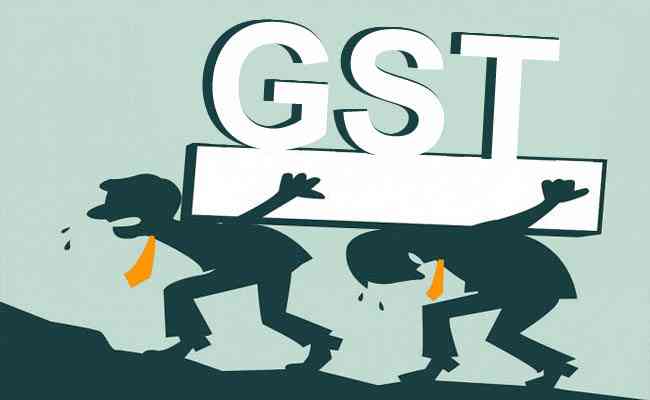
The government is working on a proposal to impose an 18 percent Goods and Services Tax (GST) on salaries of CEOs and CXOs of companies, sources told CNBC-TV18.
A report by The Economic Times also said that top companies and banks are already being questioned by the tax department with respect to cross-charging.The department is trying to ascertain whether or not some companies have been passing on their common costs (for functions carried out at a company's head office like HR, IT, audit and legal services), which also includes salaries of CEOs, to their branch offices. Such services come under the purview of the GST framework.
So the tax department wants such common costs to be treated as a supply in line with the provisions of the framework, and for companies to ensure that these are distributed proportionately from head office to branch offices across states. Thus, companies must cross-charge their branches and pay an 18 percent GST on such services.
However, according to the report, experts have expressed concerns over the confusion around cross-charging, which they say could mean actual cost for the company. GST cross charge means the services provided by one office of an organisation in a particular state to another office of the organisation in another state will face goods and services tax, or GST.
Under the GST law, each office is regarded as a distinct entity. This means all central functions as mentioned above will be considered as the supply of services between two offices.
For instance, if the CEO of an organisation earns Rs 5cr per annum, the amount would be considered a cost for the head office where the executive is located. Now the tax department wants the organisation to cross-charge this cost proportionately to other branches and pay 18% GST on it.
Experts have been of the opinion that it is important that irrespective of their location or where they operate from, employees be treated as employees of a particular company. They pointed out that any employee is a part of the organisation and not of any particular branch.


Happiest Minds brings in an innovative GenAI chatbot
Happiest Minds Technologies has announced the new GenAI chatbot - ‘hAPPI...

Government mandates encryption for CCTV cameras to ensure netw
In the wake of issuing an internal advisory on securing CCTV cameras at g...

TRAI recommends allowing only Indian entities to participate i
The Telecom Regulatory Authority of India (TRAI) has recommended that onl...

Galaxy AI is available on more devices with Samsung One UI 6.1
Samsung has expanded the range of smartphones to which One UI 6.1 and Gala...

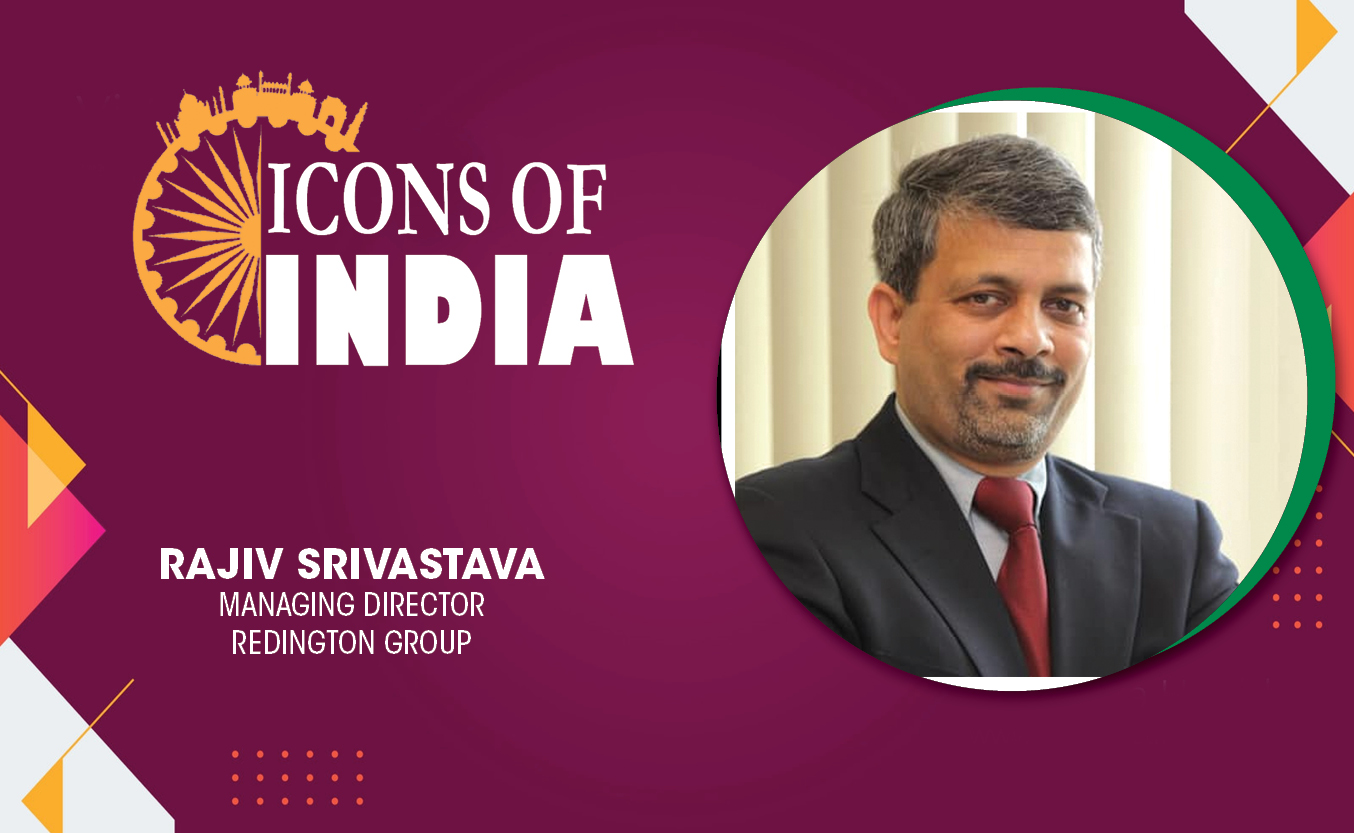
Technology Icons Of India 2023: Rajiv Srivastava
Rajiv Srivastava is the Managing Director of Redington Group. With 35 ...

Technology Icons Of India 2023: Vijay Shekhar Sharma
Vijay Shekhar Sharma is an Indian technology entrepreneur and billiona...

Technology Icons Of India 2023: Bhavish Aggarwal
Ola CEO Bhavish Aggarwal had formed Ola-India’s largest mobility pla...

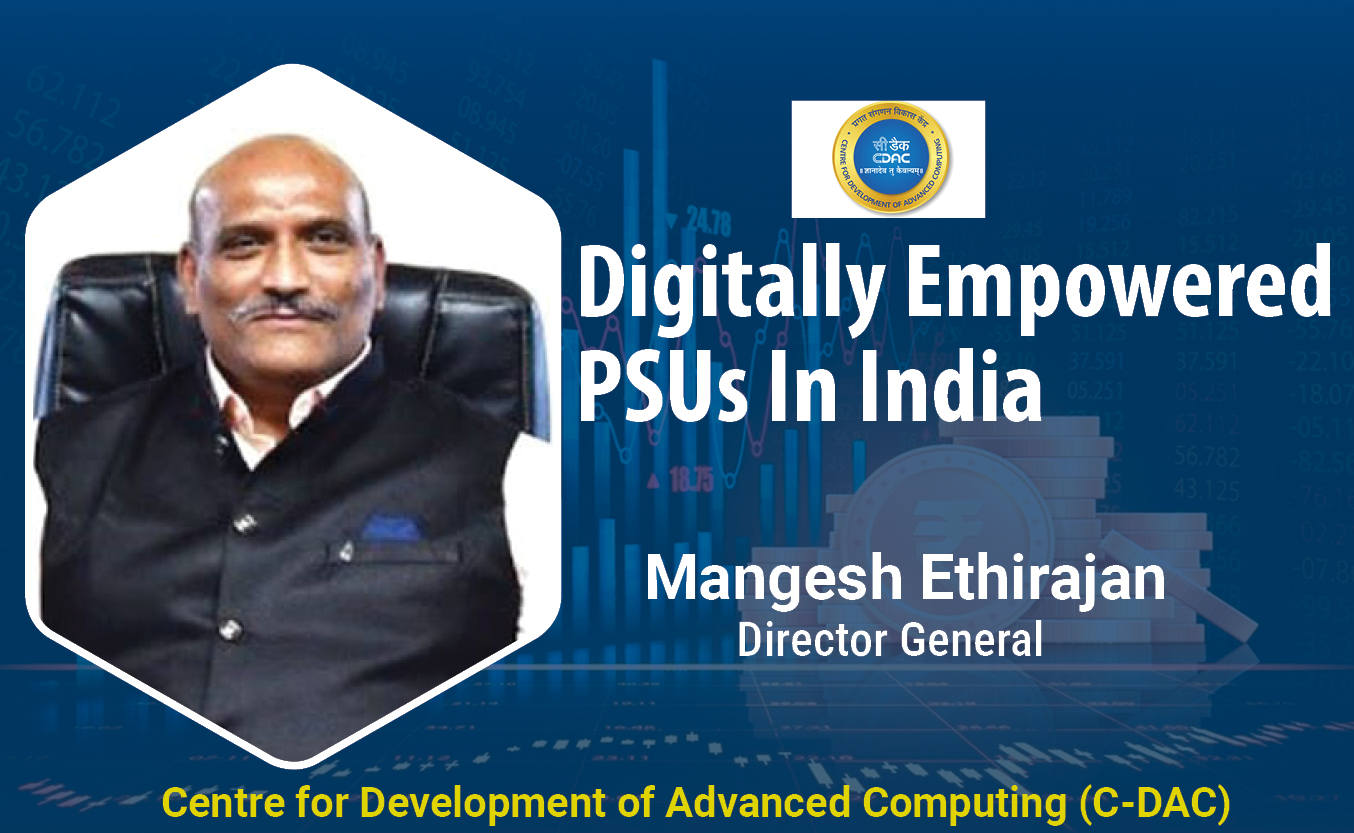
C-DAC keeps India ahead in IT & Electronics R&D space
Centre for Development of Advanced Computing (C-DAC) is the premier R&...
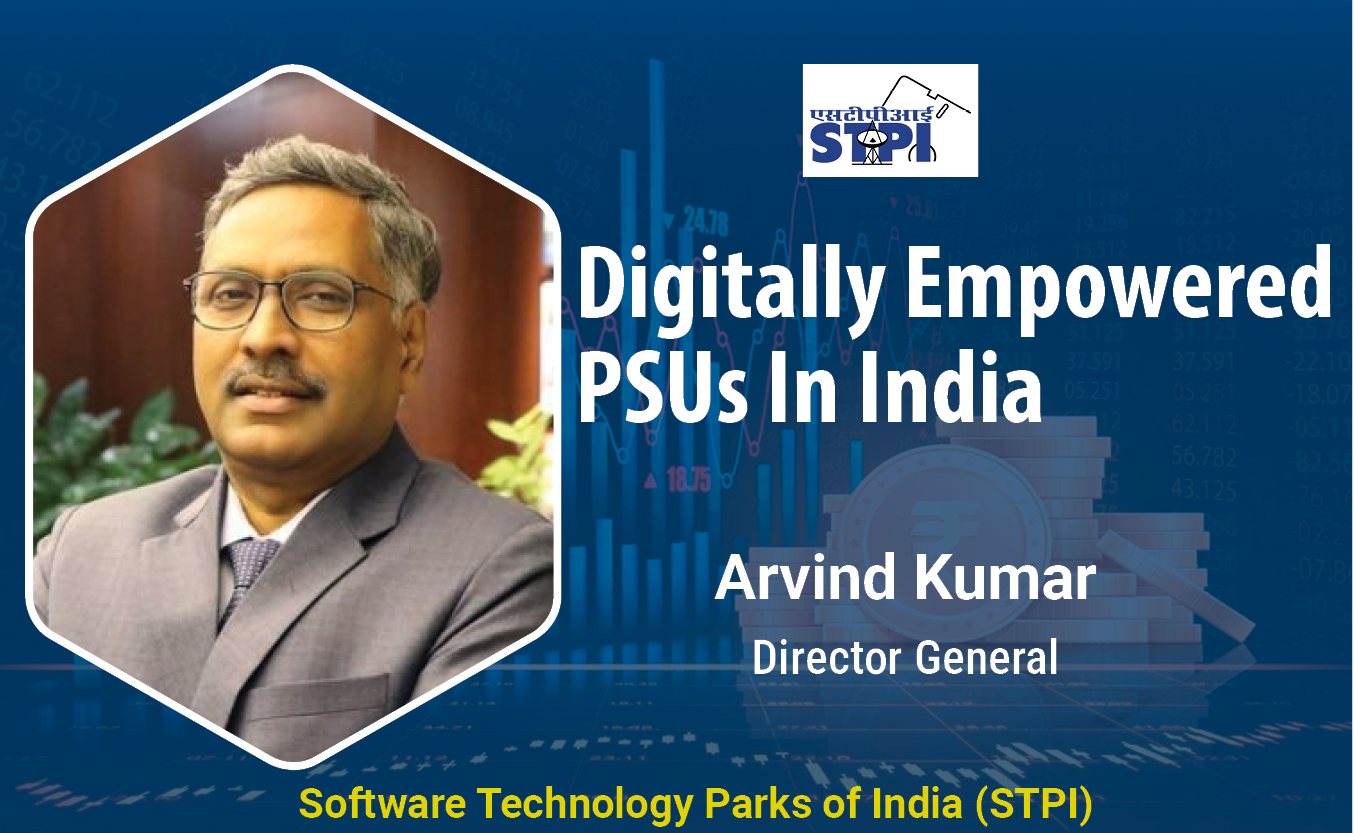
STPI encouraging software exports from India
Software Technology Parks of India (STPI) is an S&T organization under...
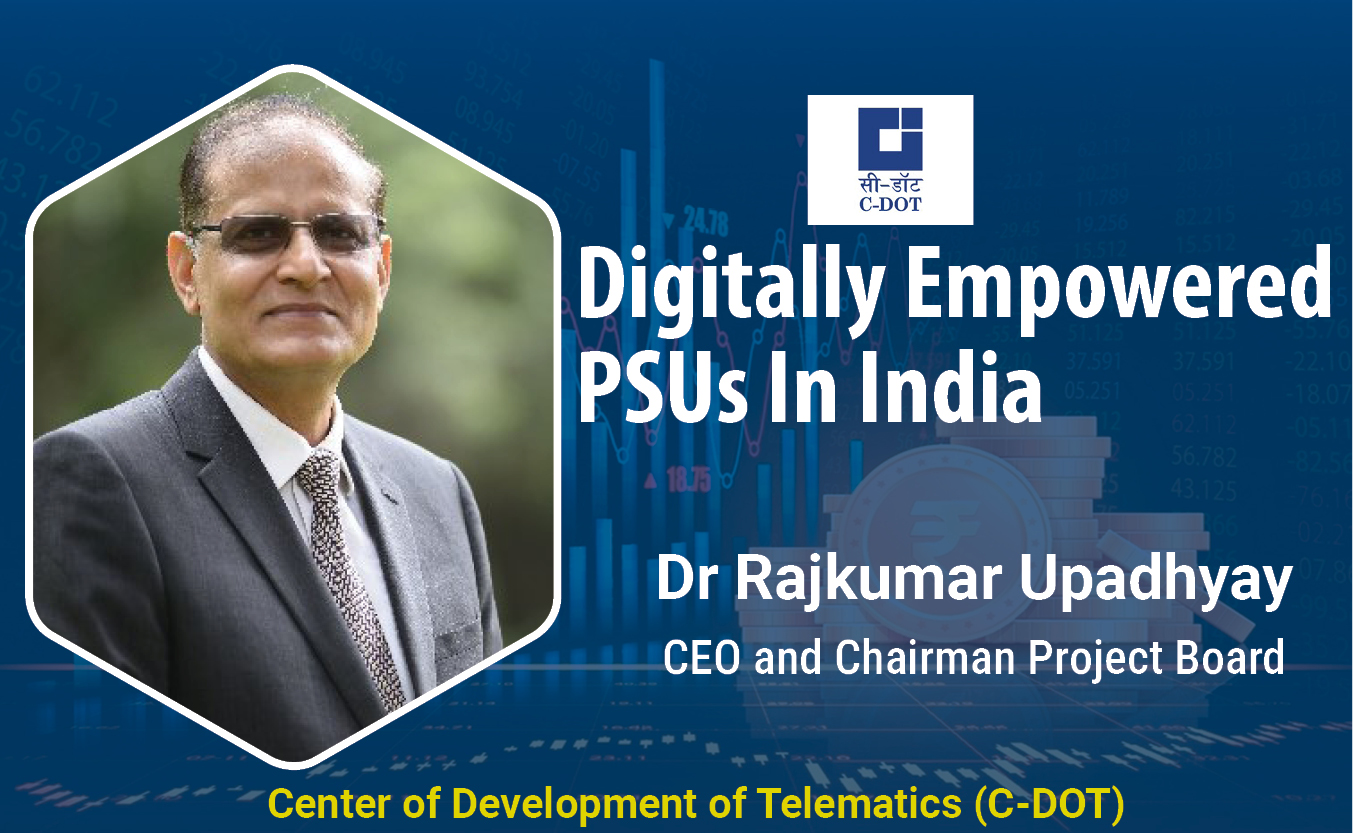
C-DOT enabling India in indigenous design, development and production of telecom technologies
An autonomous telecom R&D centre of Government of India, Center of Dev...


SATCOM INFOTECH PVT. LTD.
Satcom Infotech Pvt. Ltd is a distribution houses in security in India...

SAVEX TECHNOLOGIES PVT. LTD.
Savex Technologies is the 3rd largest Information & Communication Tec...

TEXONIC INSTRUMENTS
Texonic has carved a niche for itself in the Technology Distribution i...